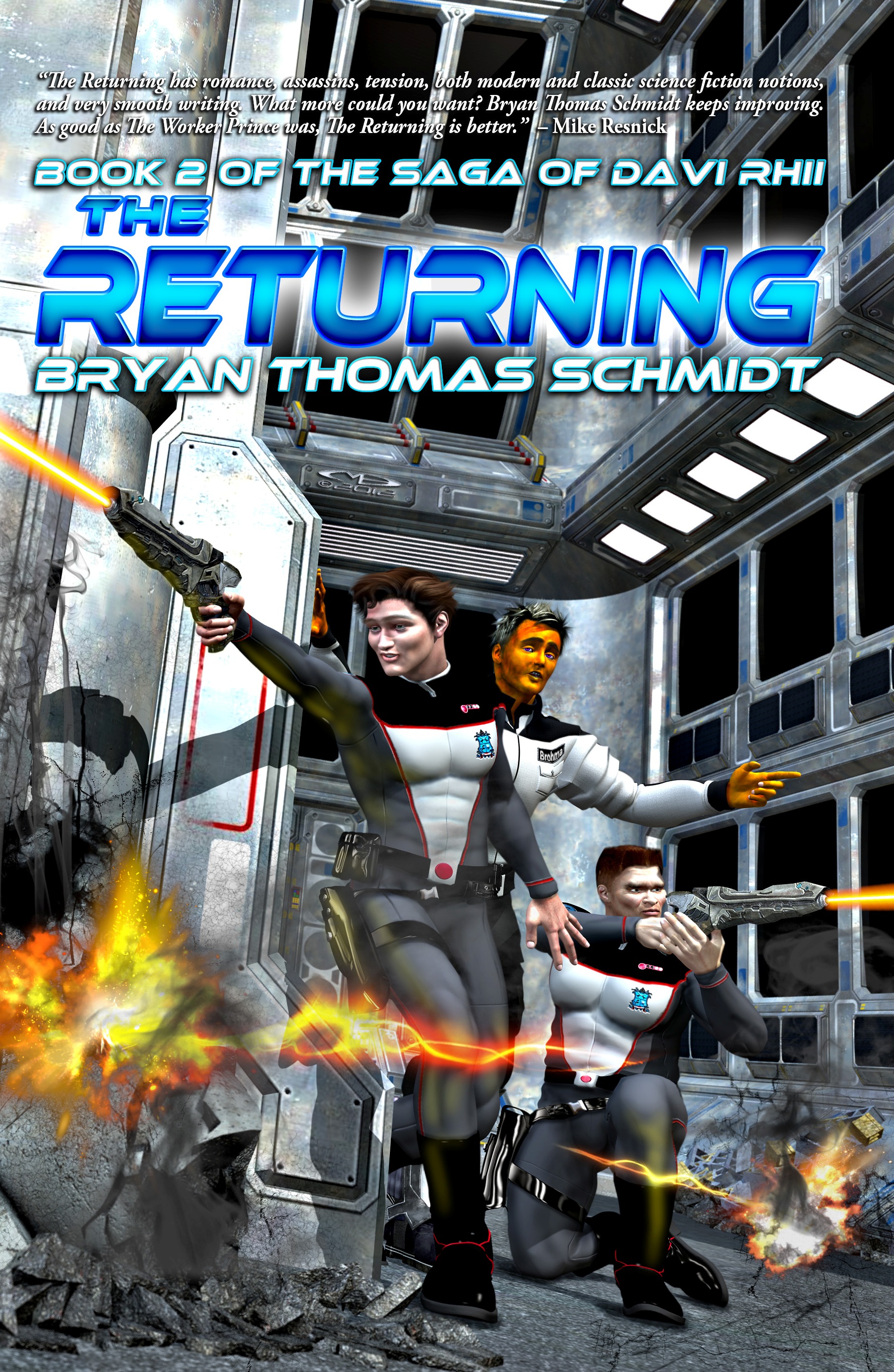


‘Wondered, felt, thought, saw, knew, heard,’ etc. are all ‘intruder’ words. They intrude on the action, by stating extemporaneously what can be written more actively. They pull us out of the intimate POV of the character and throw things into telling or passiveness. There are times when one might deliberately choose to use intruder words. But these should be done with careful thought and sparingly. Otherwise “She felt the wind blow across her face” is stronger as “The wind blew across her face”. Or “She heard a bang” is better written as “A bang thundered behind her.”
Can you see the difference?
One form describes something flatly, the other creates an experience of it.
One form is rather drab and ordinary, the other visceral and alive. And thus, avoiding such words can help you create prose that pops off the page, bringing your story to life for readers.
Like anything in writing, retraining yourself to avoid using Intruder Words takes practice. At first, you’ll have to go back through and weed them out, like the common passives “began to, seemed to, going to, starting to,” etc. These words are used so naturally in speech and daily living that they’ll pour out of you like maple syrup from a tree. And it will take building your conscious awareness to start relearning when and when not to use them.
Once you’re aware of the problem, however, the process of identifying and eliminating these words can actually be good practice. If like me, you struggle with descriptive phrasing and writing viscerally, they provide an opportunity to learn craft through lots of practice, because you’ll undoubtedly find these words invading your prose on every page. But over time, with practice, you’ll find your mind filters them as you write. “Stop, need a new word,” that inner voice will say. And then, after a while more, you won’t even think of them. At least, not automatically. And using them intentionally is the only way you want to do it when it comes to your prose.
Don’t worry. We’re not talking about something that will make you talk funny. There’s a difference between how people talk and how we must write, after all. As my English teacher Barbara Sackrider once said: “If you say y’all in my classroom, you get an F, but if you talk to me on the street and say ‘you all,’ I’ll look at you like a freak.” Okay, she was joking. But her point was well taken by my 15-year-old mind. After all, English dialects are complicated and the rules of grammar are tailor-made to be broken by them.
Let’s compare two passages: one with Intruder Words and one without.
With
He gained consciousness sweaty and hot, lying on his back. It took a moment for the black spots to fade, replaced by the blinding sunlight and white sand stretching as far as the eye could see. Where am I? The sandy landscape reflected sunlight and heat back at him as he sat up, shaking off the sleep. Scattered belongings—clothes, canteens, a shattered barrel and trunk, torn saddlebags—stretched off into the distance toward the remains of a wagon. He saw footsteps leading toward him, smeared and uneven as if perhaps he’d stumbled to where he lay. Sunlight glinted off flesh atop a nearby dune. Was someone else alive? Then he saw limbs scattered along the path away from the torso—an arm severed at the elbow, the hand still attached, fingers stiffened like claws, a leg severed mid-thigh, another cut off above the ankle—and he knew the answer.
Without
He gained consciousness sweaty and hot, lying on his back. It took a moment for the black spots to fade, replaced by the blinding sunlight and white sand stretching as far as the eye could see. Where am I? The sandy landscape reflected sunlight and heat back at him as he sat up, shaking off the sleep. Scattered belongings—clothes, canteens, a shattered barrel and trunk, torn saddlebags—stretched off into the distance toward the remains of a wagon. Footsteps led toward him, smeared and uneven as if perhaps he’d stumbled to where he lay. Sunlight glinted off flesh atop a nearby dune. Was someone else alive? Scattered severed limbs—an arm severed at the elbow, the hand still attached, fingers stiffened like claws, a leg severed mid-thigh, another cut off mid-calf—provided the answer.
Which works better for you? Which is more powerful and draws you? Can you see the difference?
Don’t let Intruder Words intrude in your stories and on your readers. Instead, replace them with words that help bring your stories to life and draw readers in. It’s a sure sign of a writer who’s professional rather than amateur. It’ll help take your prose to the next level.
For what it’s worth…





Excellent!
I’ve been trying to get this across to a writer whose work I’m currently editing. He’s good, but he adds unnecessary verbiage, especially the “intruders” you mentioned. So, when I send the next round of edits, I’ll be including a link to this page. 🙂
Thanks for this post! This helps me a lot. Looking back through my novel-in-progress, I use “intruder words” all over the place.
Glad it’s helpful. Thanks for the signal boost, Sean.